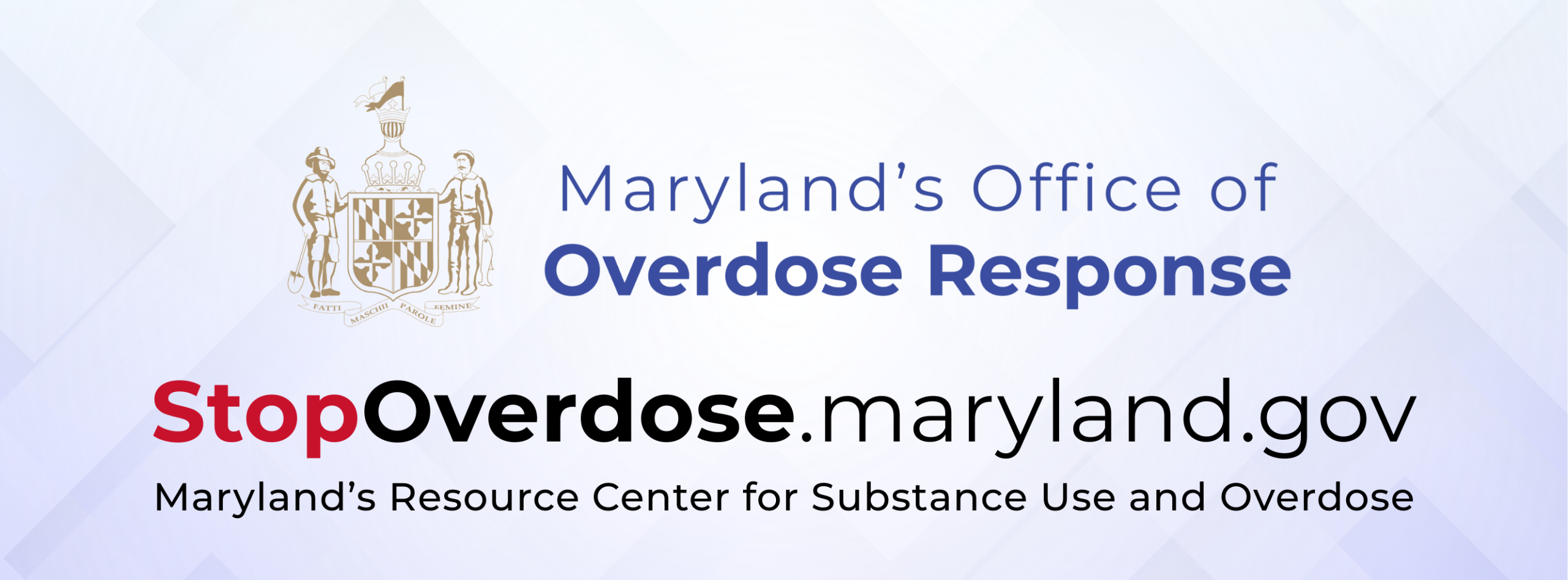
Maryland’s Opioid Restitution Fund (ORF) was established in 2019 to receive all monies awarded to the State of Maryland through prescription opioid-related legal action. In 2022, Maryland established the ORF Advisory Council to provide recommendations regarding the use of those funds. For all inquiries, email [email protected].
Resources
- NEW: Opioid Restitution Fund Primer
- State-Subdivision Agreement (January 2022 – Janssen)
- State-Subdivision Agreement (April 2023 – Teva, Allergan, & Walmart)
- Janssen Settlement – Exhibit E (allowable uses)
- Statutory Mandate (updated in 2024 with Senate Bill 751)
- 2025 MOOR Recommendations for Local Spending
- Fiscal Year 2025 State Discretionary Abatement Fund Awards Summary
- Settlement Funds by Subdivision Spreadsheet
(Use this link to download the file. Once downloaded, click “enable editing.”) - Bulletin: Municipality TAG Reversion to County
- Opioid Restitution Fund Policy Bulletin: Allowable Spending
- Opioid Restitution Fund Policy Bulletin: Expenditure Reporting Requirements
Opioid Restitution Fund Advisory Council
Maryland’s Opioid Restitution Fund (ORF) Advisory Council was established in 2022 to provide recommendations regarding the use of prescription opioid-related legal settlement funds. As specified by state statute (Maryland Health General Article §7.5–903), the council consists of 12 members who serve for two years.
Click here to learn more: https://stopoverdose.maryland.gov/orf-advisorycouncil/
Prescription Opioid Settlement Information
As of the 2024 fiscal year (July 1, 2023 – June 30, 2024), Maryland has received distributions through seven prescription opioid-related legal settlements. Visit the Settlement Overview page for more information: https://stopoverdose.maryland.gov/orf-settlement-overview/
Introduction to Maryland’s Opioid Restitution Fund

Maryland’s Office of Overdose Response held this webinar on Thursday, November 20, 2025, to provide a high-level and comprehensive overview of Maryland’s Opioid Restitution Fund (ORF). This webinar addressed the prescription opioid settlement landscape in Maryland, with information about finalized settlements and estimates, allowable spending, the distribution of funds to local partners, and much more (as outlined in our new ORF Primer document).
Stay in Contact!
To receive notifications regarding Maryland’s overdose crisis response efforts, please complete the following form to be added to our mailing list.

 1-888-373-7888
1-888-373-7888 233733
233733